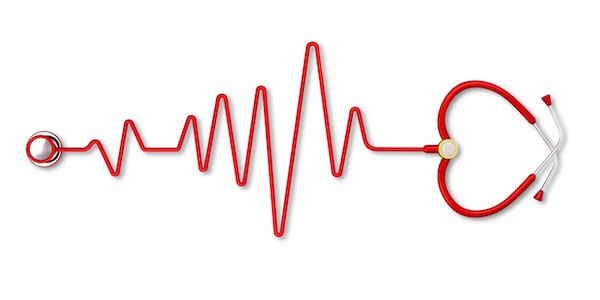
MONDAY, Oct. 29 (HealthDay News) — A new study allays concerns that early-stage breast cancer patients who receive radiation treatment might have a long-term increased risk for heart problems.
The study included 50 stage 1 and stage 2 breast cancer patients who underwent either breast-conservation therapy using radiation (26 patients) or modified radical mastectomy (24 patients). Mastectomy is a type of surgery that involves removing the breast.
More than 25 years after treatment, both groups had similar levels of heart function and rates of heart problems. For example, the rate of heart attack within 10 years of breast cancer diagnosis and treatment was 5.1 percent for breast-conservation patients and 5.7 percent for mastectomy patients.
The study was scheduled for presentation Monday at the annual meeting of the American Society for Radiation Oncology in Boston.
“Over the past two decades, radiation therapy has become more precise and safer with modern techniques,” lead author Dr. Charles Simone II, a radiation oncologist at the Hospital of the University of Pennsylvania in Philadelphia, said in a society news release.
“We are pleased to find that early-stage breast cancer patients treated with modern radiation therapy treatment planning techniques do not have an increased risk of long-term cardiac toxicity and that breast-conservation therapy with radiation should remain a standard treatment option,” he added.
The data and conclusions of research presented at medical meetings are typically considered preliminary until published in a peer-reviewed medical journal.
More information
The U.S. National Cancer Institute has more about breast cancer treatment.

